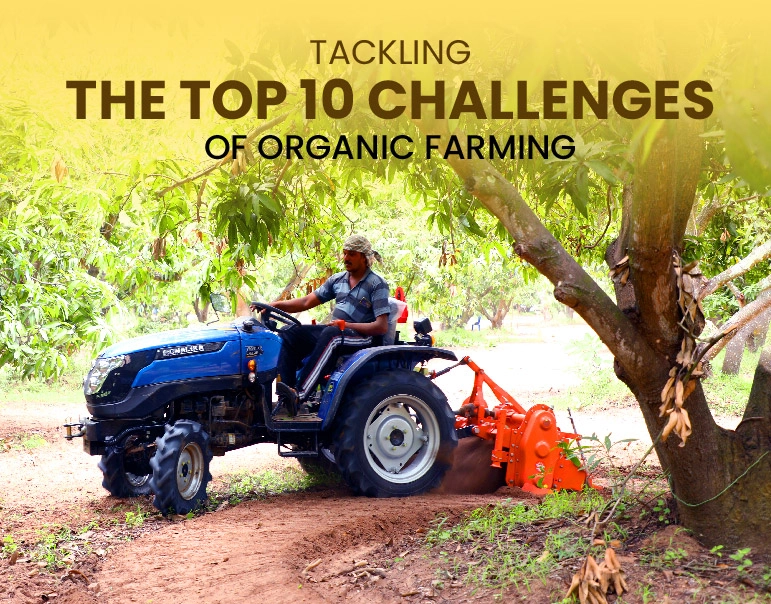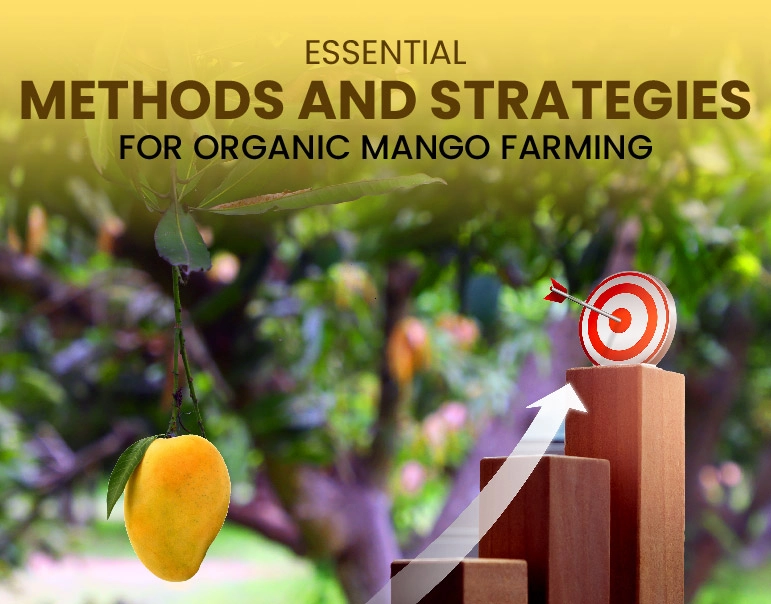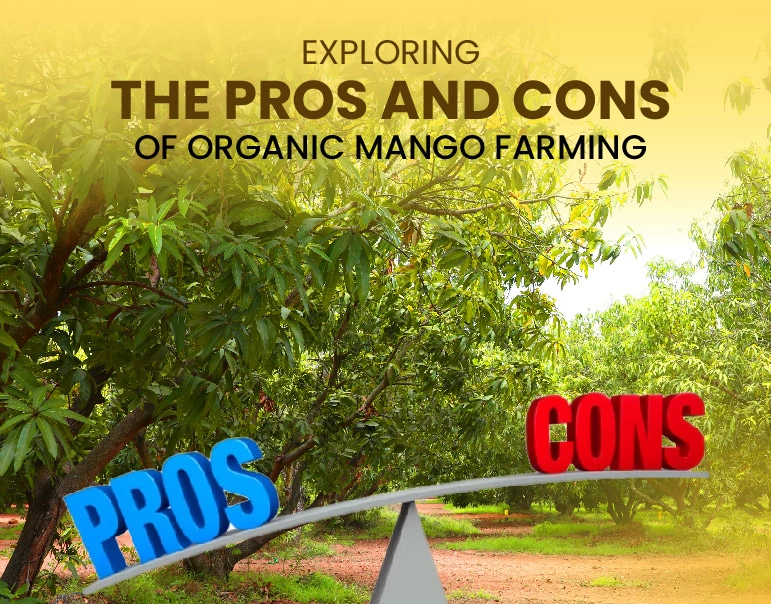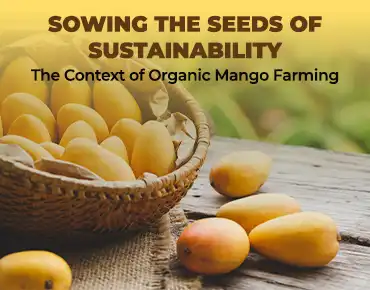From Govt Job to Hydroponics: Teacher Rasik Nakum’s Inspiring Story
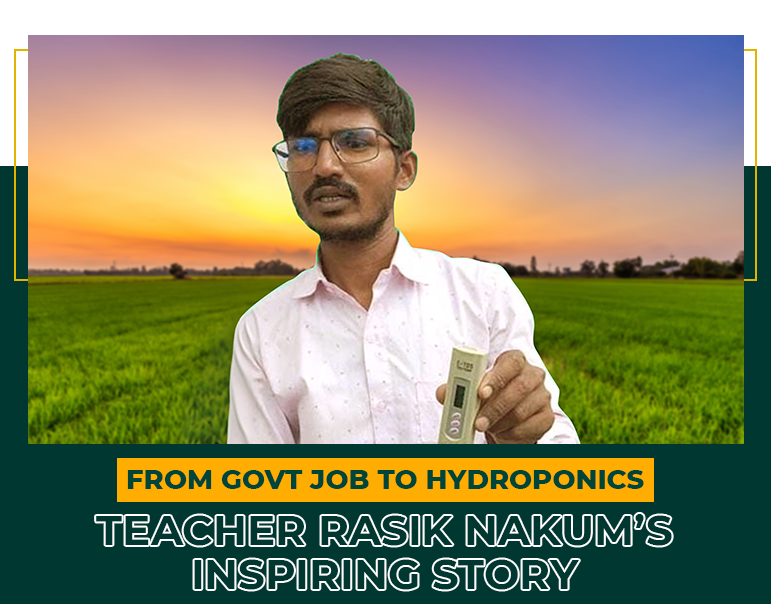

The incredible transformation of teacher Rasik Nakum from a secure government position to a prosperous hydroponic farmer is proof of the strength of drive, willpower, and the desire for sustainable living. His motivational tale not only demonstrates his own metamorphosis but also acts as a model for many who want to investigate alternative farming practices in the quickly changing agricultural environment of today.
Rasik Nakum started his career teaching in a government school, where he educated young students. Despite his substantial contribution to education and love for his work, Rasik Nakum found his true calling in agriculture and the natural world. The growing difficulties of traditional farming practices, like diminishing soil fertility and water scarcity, spurred his interest in farming.
Hydroponics, a soilless farming technique that includes growing plants in a water-based, nutrient-rich solution, particularly appealed to Rasik. As his interest in hydroponics expanded, he enrolled in classes and went to workshops. In his own time, he started experimenting with small-scale hydroponics setups and had encouraging outcomes. His early experiments' success inspired him to risk all by quitting his safe government career to devote himself full-time to hydroponics.
Rasik Nakum had a lot of problems when he switched to farming full-time. Learning how to grow different crops efficiently in a controlled, water-based environment, buying the right tools, and knowing how hydroponic farming worked were the first challenges. But his strong desire for environmentally friendly farming pushed him to keep learning and getting better at hydroponics.
He also recognized the need to spread awareness about hydroponic farming, particularly in areas where traditional farming was challenging due to deteriorating soil conditions and insufficient water supplies. He began teaching others about hydroponics and how it could solve farms' biggest problems.
Rasik's journey took an even more intriguing turn when he chose to give back to the community by teaching people how to use hydroponics for free. He began teaching hopeful farmers, teachers, and even students who were interested in learning about this new farming method, realizing that many people were unaware of the potential benefits of hydroponics.
Many people attended his training classes, and he has now successfully trained over 5,000 people. This project not only helped farmers get more crops, but it also made more people aware of environmentally friendly ways to grow. He wanted to not only help people grow their own food but also get the next group of farmers to start farming in ways that are better for the environment.
Rasik Nakum's choice to share his expertise has had a significant influence on his community and the future of hydroponics. Using the knowledge they gained from Rasik, many of his pupils have gone on to start their own hydroponic farms where they efficiently grow fresh produce. The reliance on conventional farming practices, which frequently call for excessive amounts of fertilizer and water, has decreased as a result of this change.
The success of Rasik's hydroponics business has spurred a broader discussion about the value of sustainable farming and the necessity of agricultural innovation. As a result of his work, many others have adopted hydroponics as a practical and lucrative substitute for traditional farming.
Rasik's future goals include growing his training courses and keeping up with the latest developments in hydroponics. He feels that by spreading awareness of this technique, he may support the development of a more ecologically friendly and sustainable farming system. He also wants hydroponics to become more commonplace, especially in cities where there isn't much room for conventional farming.
Rasik Nakum's inspirational path from educator to prosperous hydroponic farmer is a prime example of the transformational power of creativity and enthusiasm. Rasik has significantly impacted India's agricultural future with his commitment to sustainable farming methods and his readiness to impart knowledge to others. His narrative serves as a reminder that anyone, determined, educated, and with a strong sense of purpose, can make a significant difference, whether in the classroom or in the fields.
Rasik Nakum's work will undoubtedly continue to influence the agricultural community for years to come because it offers a fresh perspective on how farming might adapt to meet future demands.




